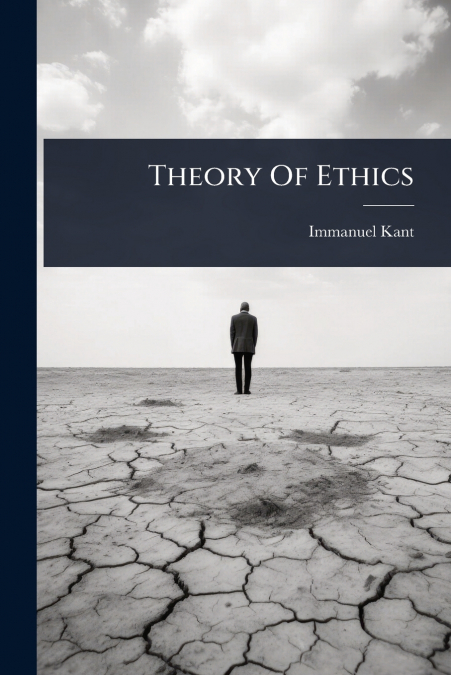
Immanuel Kant
Immanuel Kant’s Theory of Ethics stands as a cornerstone of modern moral philosophy. In this seminal work, Kant articulates his groundbreaking concepts of the categorical imperative, duty, and the significance of rational autonomy in moral decision-making. Challenging conventional ethical frameworks, Kant argues for a system based on reason and universal moral laws, rather than on emotions or empirical consequences. His exploration of duty and moral obligation provides a framework for understanding how individuals can act in accordance with universal moral principles. Kant’s treatise delves into the profound implications of his deontological approach, influencing generations of philosophers and continuing to shape contemporary discussions on ethics, law, and political theory. Theory of Ethics remains an essential text for anyone seeking a deeper understanding of the foundations of moral thought and the enduring quest to define what constitutes right action.This work has been selected by scholars as being culturally important, and is part of the knowledge base of civilization as we know it. This work was reproduced from the original artifact, and remains as true to the original work as possible. Therefore, you will see the original copyright references, library stamps (as most of these works have been housed in our most important libraries around the world), and other notations in the work.This work is in the public domain in the United States of America, and possibly other nations. Within the United States, you may freely copy and distribute this work, as no entity (individual or corporate) has a copyright on the body of the work.As a reproduction of a historical artifact, this work may contain missing or blurred pages, poor pictures, errant marks, etc. Scholars believe, and we concur, that this work is important enough to be preserved, reproduced, and made generally available to the public. We appreciate your support of the preservation process, and thank you for being an important part of keeping this knowledge alive and relevant.